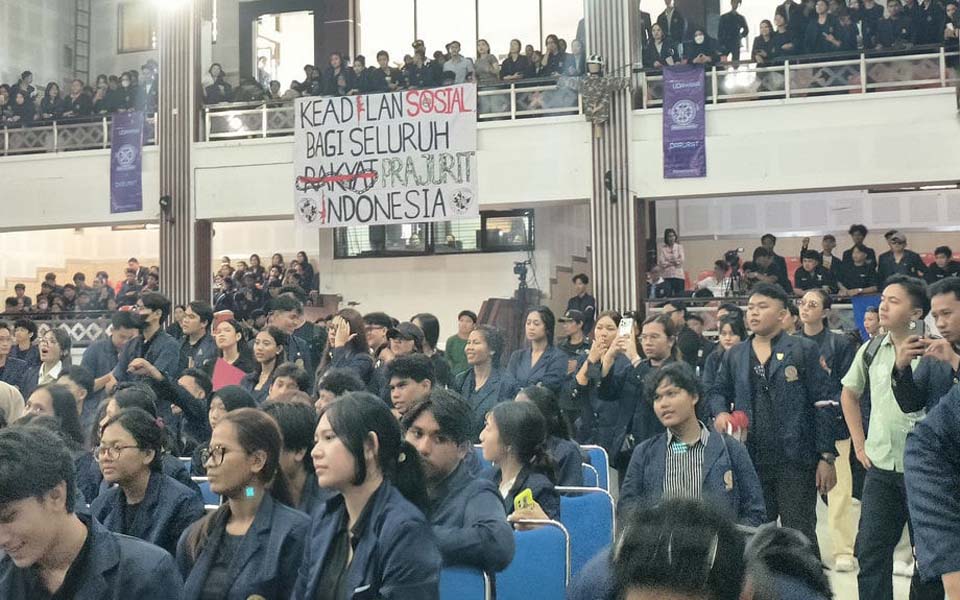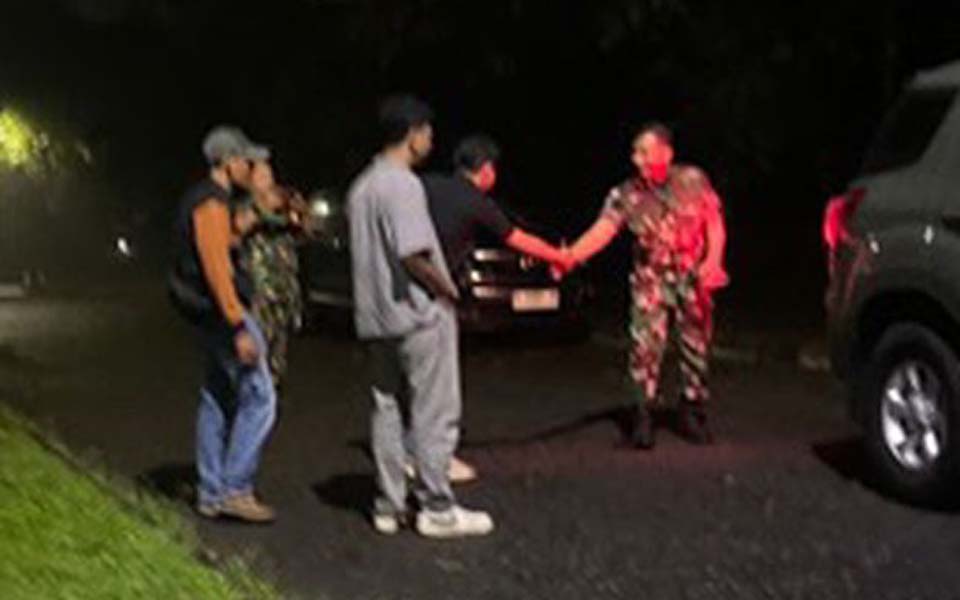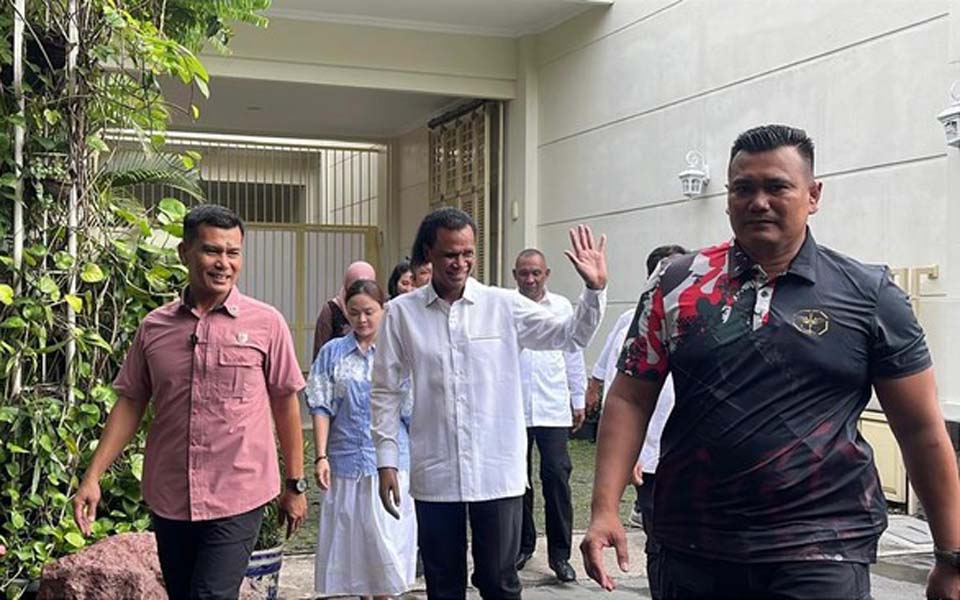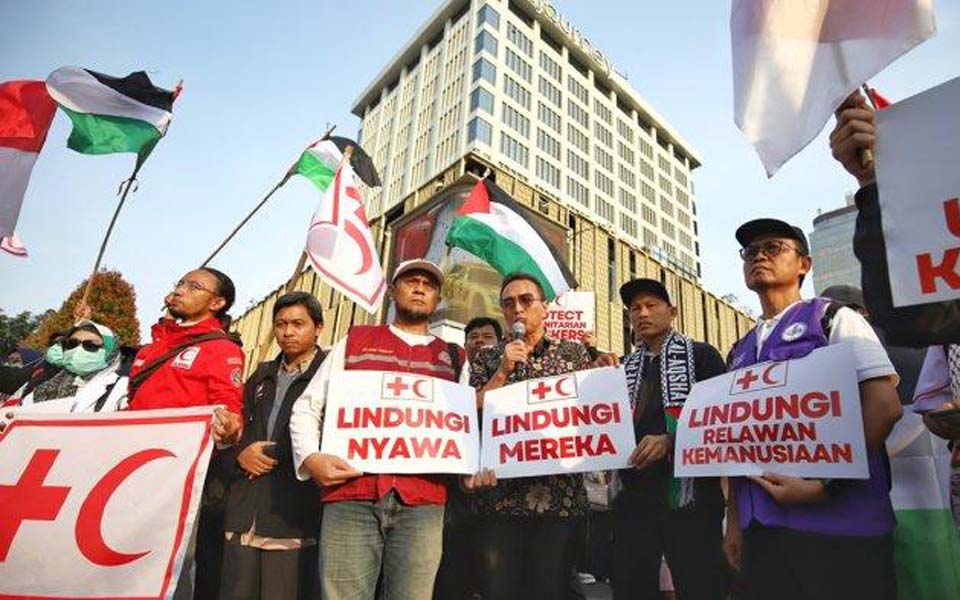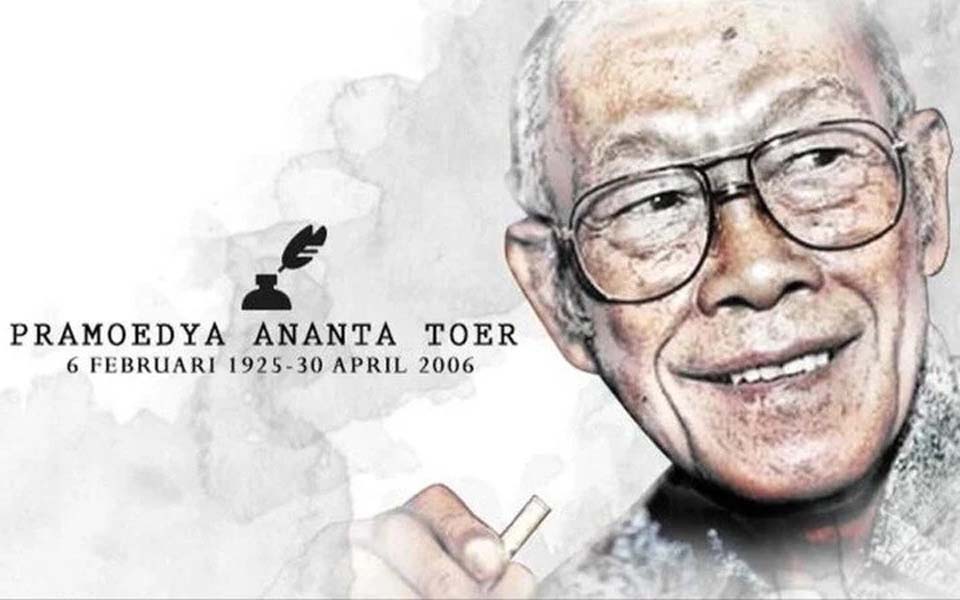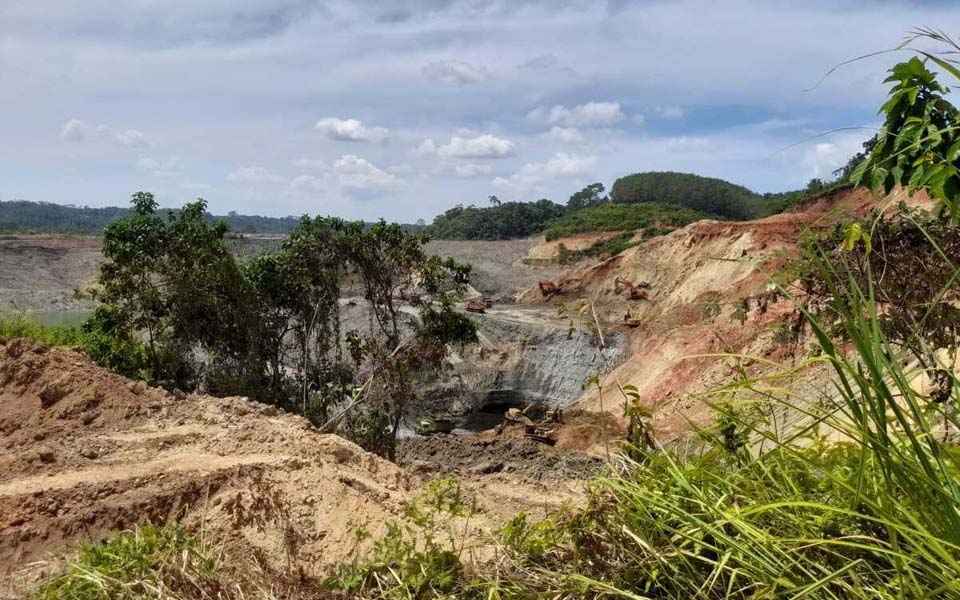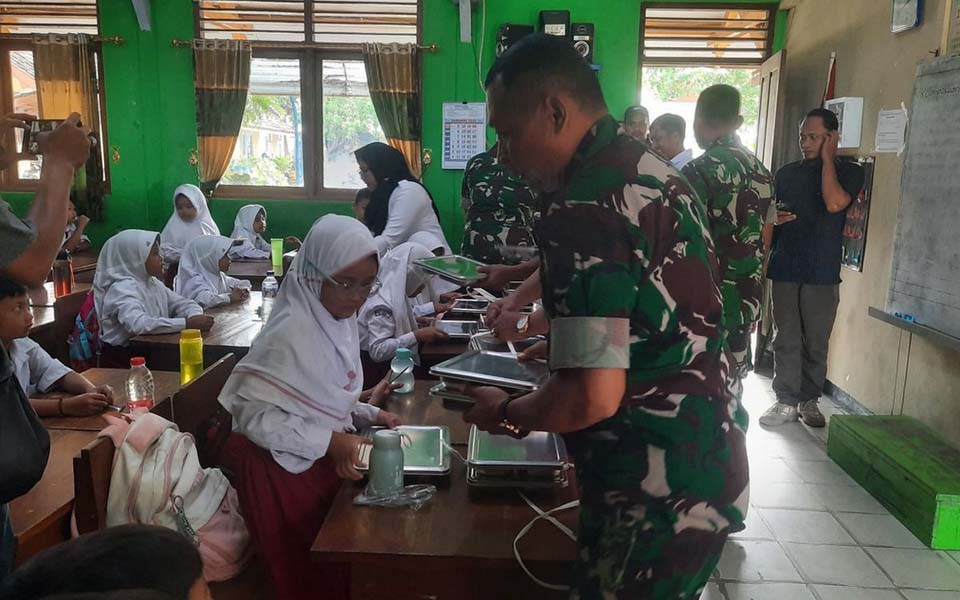Ardito Ramadhan, Jakarta – Indonesia Corruption Watch (ICW) suspects that business tycoons (cukong) or capitalists are behind the government and the House of Representatives’ (DPR) decision to push on with the 2020 simultaneous election of regional heads (pilkada) in the midst of the Covid-19 pandemic.
ICW researcher Egi Primayogha says that it is public secret that regional elections are a transactional arena for the interests of cukong.
“[We have] found strong suspicions of other interests behind [the government and DPR’s decision]. It’s a public secret that pilkada are a transactional arena for the interests of the cukongs”, said Primayogha on Friday October 2.
Primayogha said that the suspected involvement of cukong is based on a recent statement by Coordinating Minister for Security, Politics and Legal Affairs Mahfud MD who said that 92 percent of candidate regional heads are backed by cukong.
“These cukong will obtain economic and political gains many times over when their candidates win in the pilkada contest”, said Primayogha.
Primayogha said that pushing ahead with the regional elections in the midst of the worsening Covid-19 pandemic will have several negative impacts.
First, holding the elections will threaten people’s health because there are many activities in regional elections which give rise to crowds of people which will increase the risk of infection.
Second, it will be susceptible to fraudulent practices, one of which is money politics which can be expected to be widespread because many people are finding it difficult to make ends meet.
“Candidates will take advantage of this situation for vote buying. Candidates will give people things that they urgently need to garner votes. The politicisation of social aid in the interests of the pilkada will also be rampant, particularly by incumbents”, said Primayogha.
On the other hand, the pandemic will also limit space for and weaken the social movement’s ability to monitor the elections for fraudulent practices.
Third, voter participation will decline because many people will be reluctant to cast a vote looking at the high risk of being infected.
This low level of participation, said Primayogha will undermine the quality of the regional elections and at the same time reflect the problems behind the election process.
Because of this therefore, if the government insists on the 2020 simultaneous election of regional heads going ahead in the midst of the pandemic – on grounds that make no sense – then President Joko “Jokowi” Widodo can be regarded as failing to prioritise the public’s health.
“Conversely, the president can be regarded as prioritising political interests and the interests of the wheelers and dealers (bandar) who perhaps have already ‘bought’ the upcoming pilkada”, said Primayogha.
The government, the DPR and the General Election Commission (KPU) have agreed to go ahead with the 2020 pilkada in the midst of the Covid-19 pandemic. Elections will be held simultaneously in 270 regions covering nine provinces, 224 regencies and 37 municipalities on December 9.
Meanwhile the number of Covid-19 positive cases in Indonesia as of October 1 stood at 291,182 with a total of 10,856 deaths.
[Translated by James Balowski. The original title of the article was “ICW: Sudah Rahasia Umum Pilkada Jadi Ajang Transaksi Kepentingan Cukong”.]






